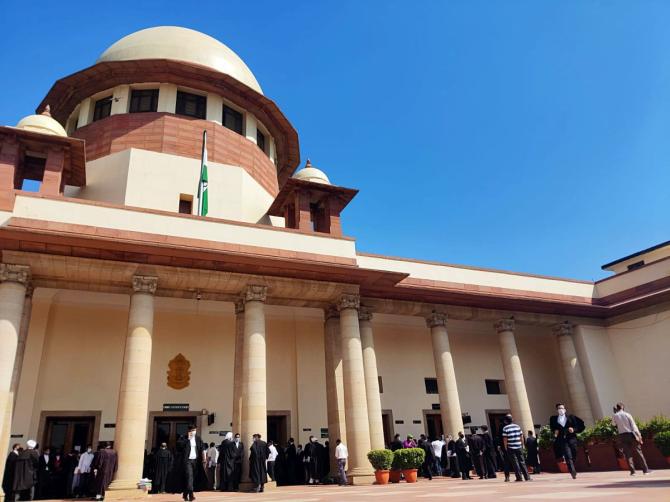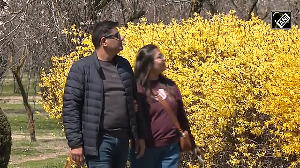The human mind is an enigma and there can be myriad reasons for a man or a woman to die by suicide, the Supreme Court has said while acquitting a man charged with abetting the suicide of his landlady 24 years ago.

A bench of Justices Bela M Trivedi and Ujjal Bhuyan said it may not always be the case that someone has to abet commission of suicide and circumstances surrounding the deceased in which he finds himself are relevant.
"Human mind is an enigma. It is well neigh impossible to unravel the mystery of the human mind. There can be myriad reasons for a man or a woman to commit or attempt to commit suicide: it may be a case of failure to achieve academic excellence, oppressive environment in college or hostel, particularly for students belonging to the marginalized sections, joblessness, financial difficulties, disappointment in love or marriage, acute or chronic ailments, depression, so on and so forth," the bench said.
In this case, the man, a former tenant, proposed to his landlady, who was returning after dropping her sister's children off at school.
The man threatened her that if she did not agree to marry him, he would destroy the families of her sisters, outrage their modesty and kill them.
After she reached home, the woman informed her sisters about the incident over the phone. Thereafter, she consumed poison in the house.
She was rushed to hospital where she died on July 6, 2000.
The top court said there was no evidence on the basis of which it can hold the appellant guilty of abetting the suicide of the deceased.
"While the death of a young woman is certainly very tragic, it cannot be said with any degree of certainty that suicide has been proved; the other essential ingredient constituting the offence under Section 306 (abetment of suicide) of IPC, viz, abetment cannot also be said to have been proved," the bench said.
The court said on a conjoint reading of the entire material on record, it is of the opinion that the prosecution had failed to prove the charge of abetment to suicide against the appellant.
"The settled legal position, the evidence on record and the glaring omissions of the prosecution as pointed out above, leaves no room for doubt. We are therefore of the unhesitant view that the conviction of the appellant is wholly unsustainable," the bench said.












 © 2025
© 2025